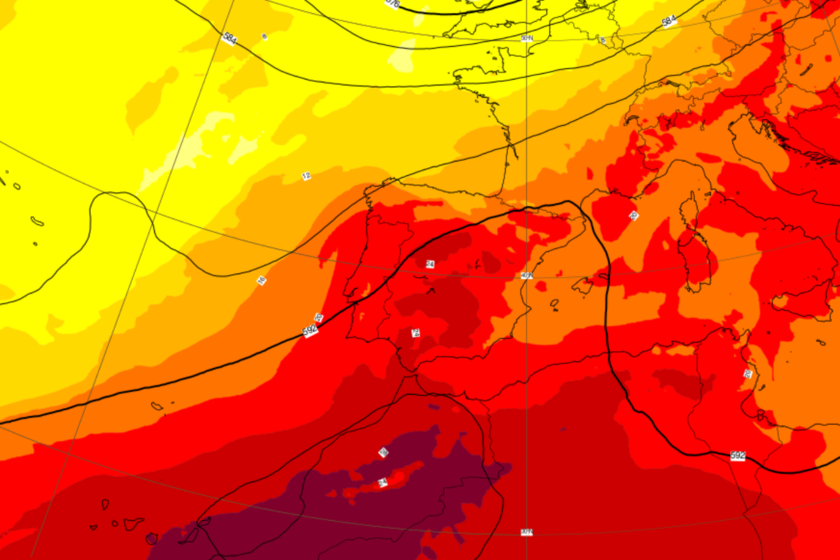Trump tariffs are not only an economic measure, but the visible manifestation of a phenomenon that goes much further: the potential fragmentation of the technological world in isolated and incompatible islands with each other. The technological map we knew so far is changing.
The stock exchange that has evaporated almost 2 billion the value of technology – and climbing – in a few days hides points to Something more than short -term fears: The interconnected system in which the great technological ones built their empires are disintegrating. As Ben Evans says in his analysis of Stratechery“It is more difficult to overestimate the degree to which every aspect of modern life rests in global supply chains, so long and complex that no one can truly understand the effects of altering them.”
The American Big Tech, whose success has been built on the premise of a world without digital bordersThey now have the nightmare of a planet that is, technologically, bursting.
- The American superisla dominated by Apple, Amazon, Google, Microsoft and Meta is surrounding increasingly turbulent waters. He will no longer be able to have cheap factories from China or Vietnam.
- The Chinese island, while, has a five years building its own ecosystems and standards. Huawei is a paradigmatic case.
- The European island, still in formation, focuses on regulation (GDPR, DMA, DSA) and tries to position itself as a “third way” with emphasis on values around privacy and ethics, while maintaining strategic critical positions with manufacturers such as ASML.
We told it a few days ago: Huawei has not thrown five years building bridges, but cavando trenches. Its Harmonyos, present in more than 1,000 million devices, does not seek to complement the global ecosystem, but replace it. Do not compete, build a parallel reality. West still thinks of market fees while Huawei builds an entire digital continent.
The symptoms of this fragmentation are increasingly evident, and if nothing changes, they will go more:
- Nintendo delaying the early orders of the Switch 2.
- Vietnam negotiating the desperate to reduce tariffs.
- Companies drawing alternative supply chains in a hurry.
They are only the superficial waves of the tsamot that is happening at the bottom of the digital ocean.
We are facing The fracture of a technological model that we assumed universal. Where there were now integration there are digital walls. The economies of scale that allowed affordable smartphones and global services will give way to smaller, less efficient and possibly more expensive ecosystems. The end user will not only pay more for its devices but will have to choose which technology island belongs to.
The European Union, aware of what is coming, no longer speaks only of response tariffs, but of using its anti-coercion instrument to “limit intellectual property rights” or “restrict the access of financial services firms to EU markets.” We talk about hardware, yes, but the war also extends to software, services and digital infrastructure.
Europe could find its opportunity as a bridge between islands, taking advantage of its experience creating global standards (GSM, GDPR) that can be adopted beyond its borders. Our unique position, with relations with both the United States and China, could become integrators in a technologically fragmented world.
And in this digital archipelago where Pangea was before Companies will have to decide which islands inhabiting and which ones to abandon. The divergent standards (with China we are already seeing it, launch to their own HDMI), the redundant supply chains and the incompatible ecosystems will be the new normality.
Innovation will no longer flow between continents, but will be confined in these technological islands, with its own rules, limitations and opportunities.
Not that technological globalization is threatened, is that is being actively disassembled. The dream of a digital world without borders is coming to an end. Welcome to the technological archipelago.
Outstanding image | WorldOfSoftware, Wikimedia Commons
In WorldOfSoftware | “A zero tariff”: Before Tesla’s collapse, Elon Musk already presses for an agreement between Europe and the United States












